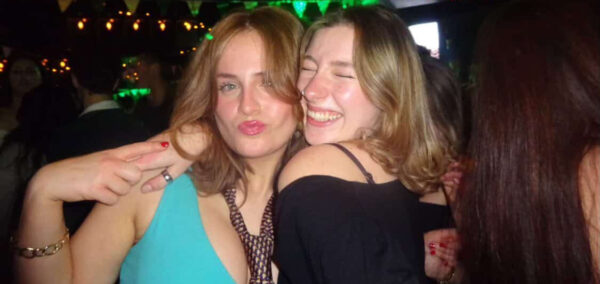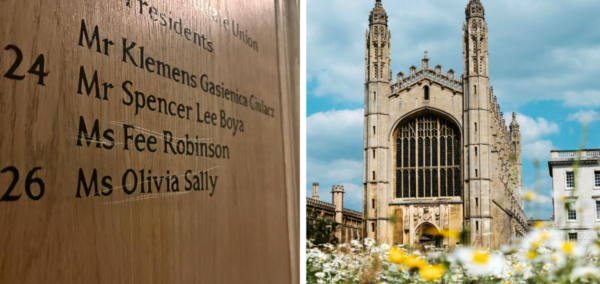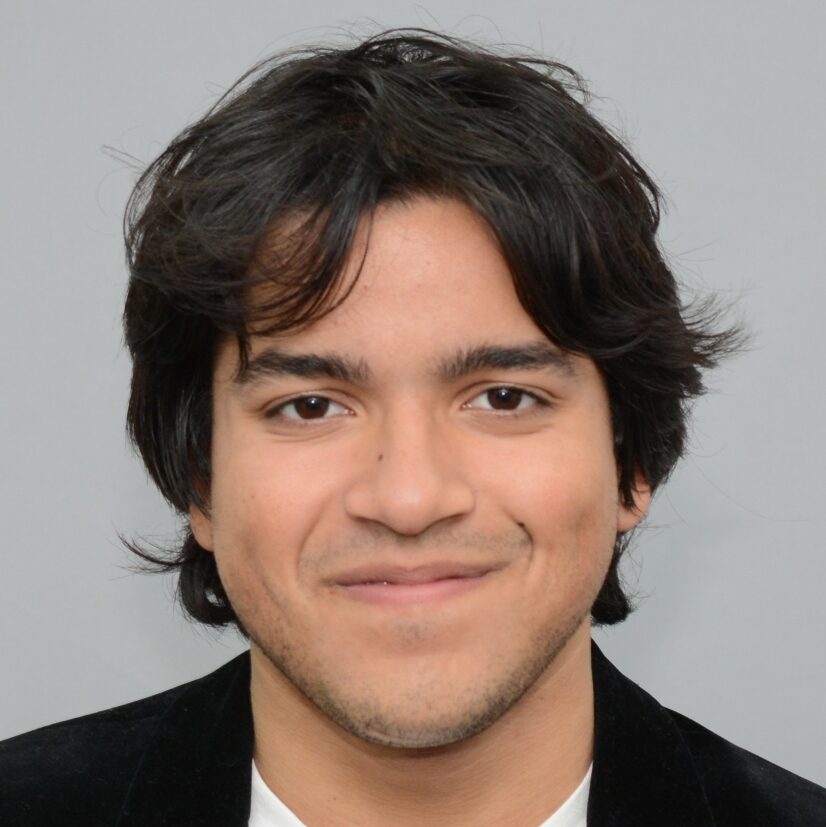
‘Count your days’: Heightened antisemitic threat level at London universities
Many Jewish students feel vulnerable on campuses as antisemitic death threats and harassment mount
Jewish student leaders from multiple London universities have described an increase in antisemitism on campus, with some receiving death threats.
The London Tab has spoken to students who report an atmosphere of fear and believe institutions are not doing enough to protect Jewish people on campus.
This comes as the Community Security Trust reported a surge in antisemitic incidents at universities. The monitoring body recorded 73 cases in the month since the October 7th attacks in Israel, compared to 56 in the whole of 2022.
A student leader at a major London university, who wants to remain anonymous for safety concerns, described receiving several antisemitic messages.
She said that the Jewish Society has received death threats on its email account, telling members “count your days.” Another message reportedly glorified the holocaust.
In light of this abuse, she told The London Tab: “The general climate has become very hostile and there are concerns about whether campus is in fact safe for Jewish students.”
She also described an atmosphere of “despair and distress”, with many Jewish students directly affected by the situation in Israel and Palestine. A lot of them reportedly have a personal connection to the dead, injured or kidnapped Israelis following the October 7th attacks.
Following the heightened sense of danger, some students have also stopped wearing Jewish symbols, including Kippahs and the Star of David, on campus.
Joshua Heinrich, the President of Jewish Society at Westminster University, also described a climate of trepidation among Jewish students.
While he has not experienced any incidents of antisemitism directly, he reported “a sense of fear” and a feeling of “calm before the storm.”

Joshua Heinrich, President of Jewish Society, Westminster
Heinrich also said that students are so afraid to be identified as Jewish that they have unfollowed certain Instagram pages and avoid Jewish Society events.
Matty Fisher, a sabbatical officer at the Union of Jewish Students for UCL, City and St George’s corroborated these accounts, describing a general sense of fear at British universities.
He said: “Students are worried, scared and anxious to go to campus. It’s a very scary time for them.”
Fisher also described how campuses are becoming an uncomfortable place for Jewish students and recounted stories of students hiding religious symbols.
In response to rising antisemitism, some universities have increased measures to support Jewish students, with UCL providing heightened security for Jewish Society meetings.
However, student leaders believe universities should do more.
Joshua Heinrich believes that at the University of Westminster, their approach is generally good.
However, he said: “The university didn’t reach out to students saying if you have any problems, here are the resources.”
Another Jewish student leader believes that their university is not doing enough.
They criticised the lack of clarity on the university’s policy and their general “hands-off approach.”
Instead, they called for “a clear statement with consequences for those engaging in antisemitism.”
They also noted: “There’s no space that the university provides for Jewish students to be. We organise the events, but these are not in conjunction with the university.”
Joshua Heinrich also mentioned that Jews are being targeted irrespective of their political beliefs.
He said: “People don’t care if you’re a Zionist Jew or an anti-Zionist Jew, antisemitism will affect you either way.”
UCL in particular has been the site of vigorous debate surrounding antisemitism on campus. This week, over 500 alumni, including former Education Secretary Nadhim Zahawi, called for it to investigate an “appalling torrent of antisemitism.”
The letter refers to the ongoing spat over the use of the slogan “Intifada until victory” which led to the suspension of UCL Marxist Society and heavy criticism of the UCL-UCU.
Intifada is an Arabic term for rebellion, uprising or resistance movement and often refers to two uprisings, in 1987 and 2000, by Palestinians seeking to end the Israeli occupation of the West Bank and Gaza Strip.
Marxist Society and UCL-UCU defended their use of the term and rejected allegations that it incites violence. The UCU clarified that it “explicitly condemns all attacks on civilians, including the attacks by Hamas on October 7th and subsequent assaults by the Israeli Defence Forces on Gaza and in the West Bank.”
In the letter to UCL, signatories – including judges, academics, ambassadors and MPs – decried actions at the university as “morally repugnant” and claimed they bring “the university into serious disrepute.”
The reported surge in antisemitism on campuses is part of a wider trend in London, with the Met police reporting a 1,350 per cent increase in hate crimes against Jewish people since October 7th.
Yet, there are still glimmers of hope and resilience among Jewish students. Matty Fisher describes student life as “buzzing… despite all that’s going on.”
He continued: “It’s incredible to see, students are still coming together in the background of all this and they will continue to do so no matter what gets thrown at them.”
A UCL spokesperson said: “We utterly condemn antisemitism in all its forms and have made this clear to our community.
“Over recent weeks, we have investigated a number of antisemitic incidents and have acted swiftly to take appropriate action through our disciplinary processes, including suspending the Marxist Society. We also, however, have a responsibility to balance any actions we take with our legal duty to uphold freedom of speech.
“We have condemned University and College Union’s incoherent and disturbing motions and have demanded that the UCU, which is an organisation independent from UCL, remove these. We will take action if they do not do so.
“The wellbeing and welfare of our staff and students is our number one priority and we encourage all members of our community to report any such incidents, so we can investigate and take action.”
University of Westminster was contacted for comment.
The Union of Jewish Students has the following resources for victims of antisemitism on campus:
UJS dedicated welfare support hotline on 0207 424 3288
Report antisemitism to the CST on 0800 032 3263
Related articles recommended by this author:
• ‘Horrific incitement to violence’: Jewish students’ union slams UCL-UCU Palestine stance
• London student societies accused of ‘supporting’ Hamas after its attack on Israel
• UCL Marxist Society suspended over refusal to remove Palestine imagery ‘inciting violence’
Featured image via Google Maps


















